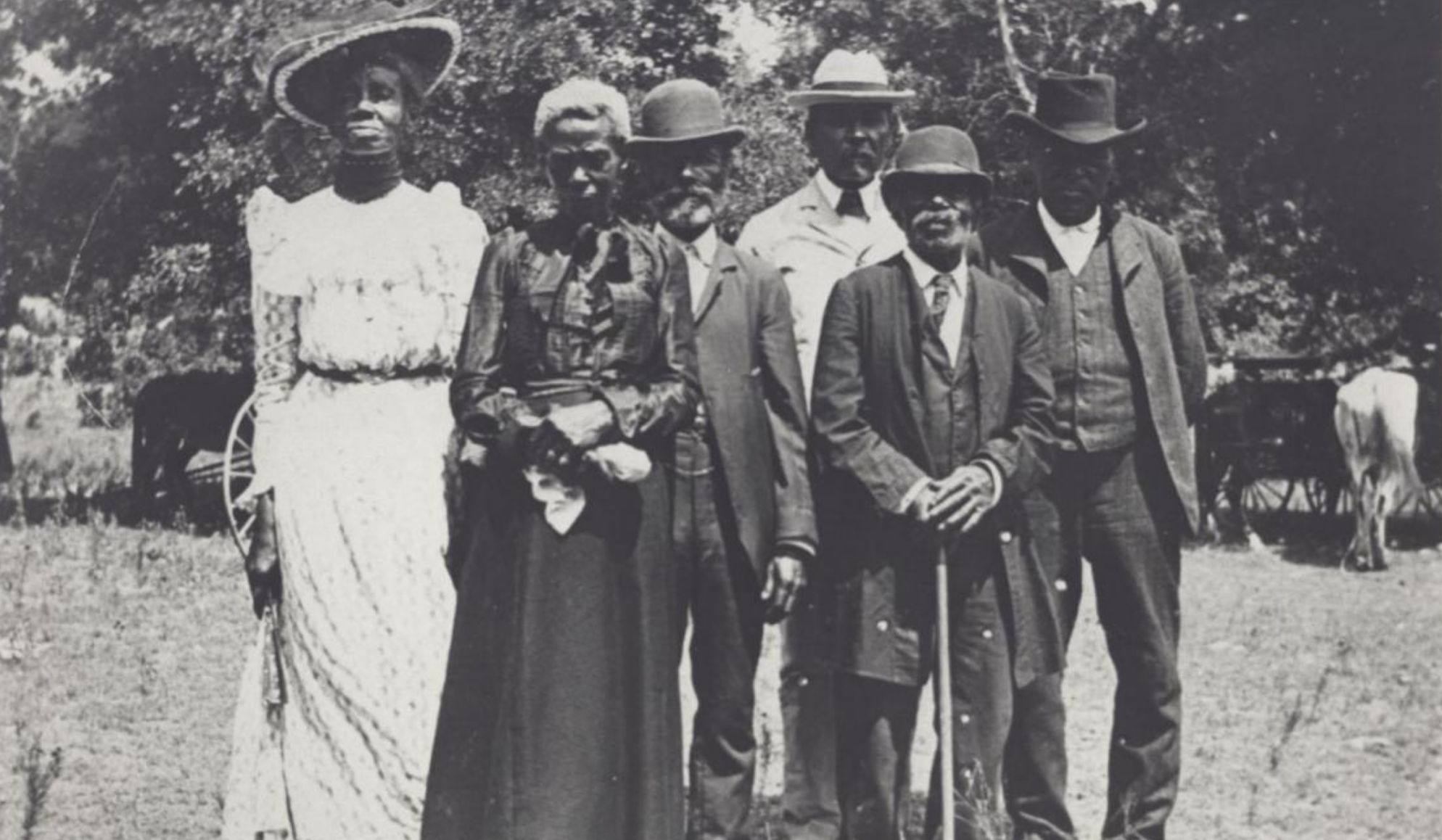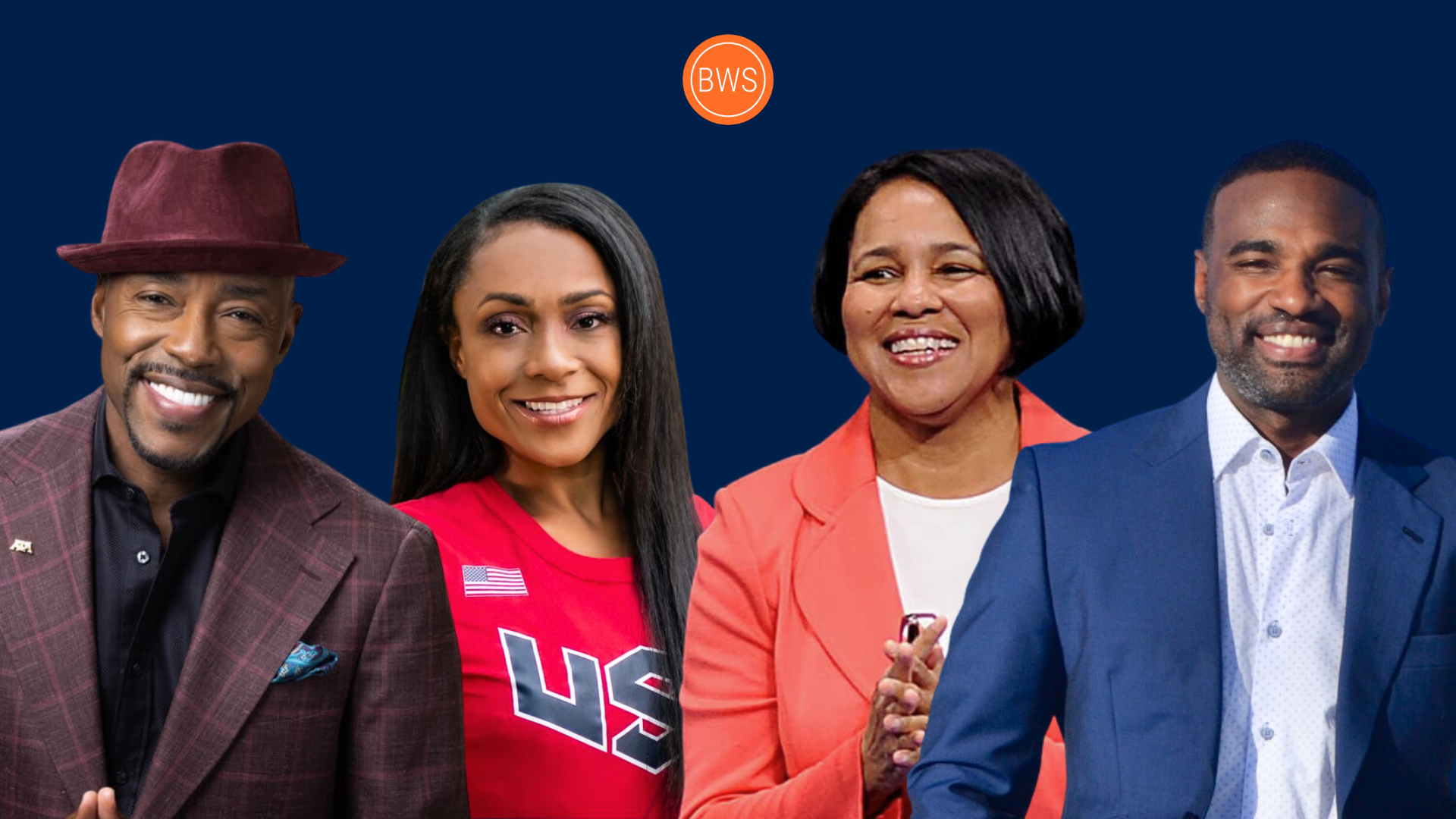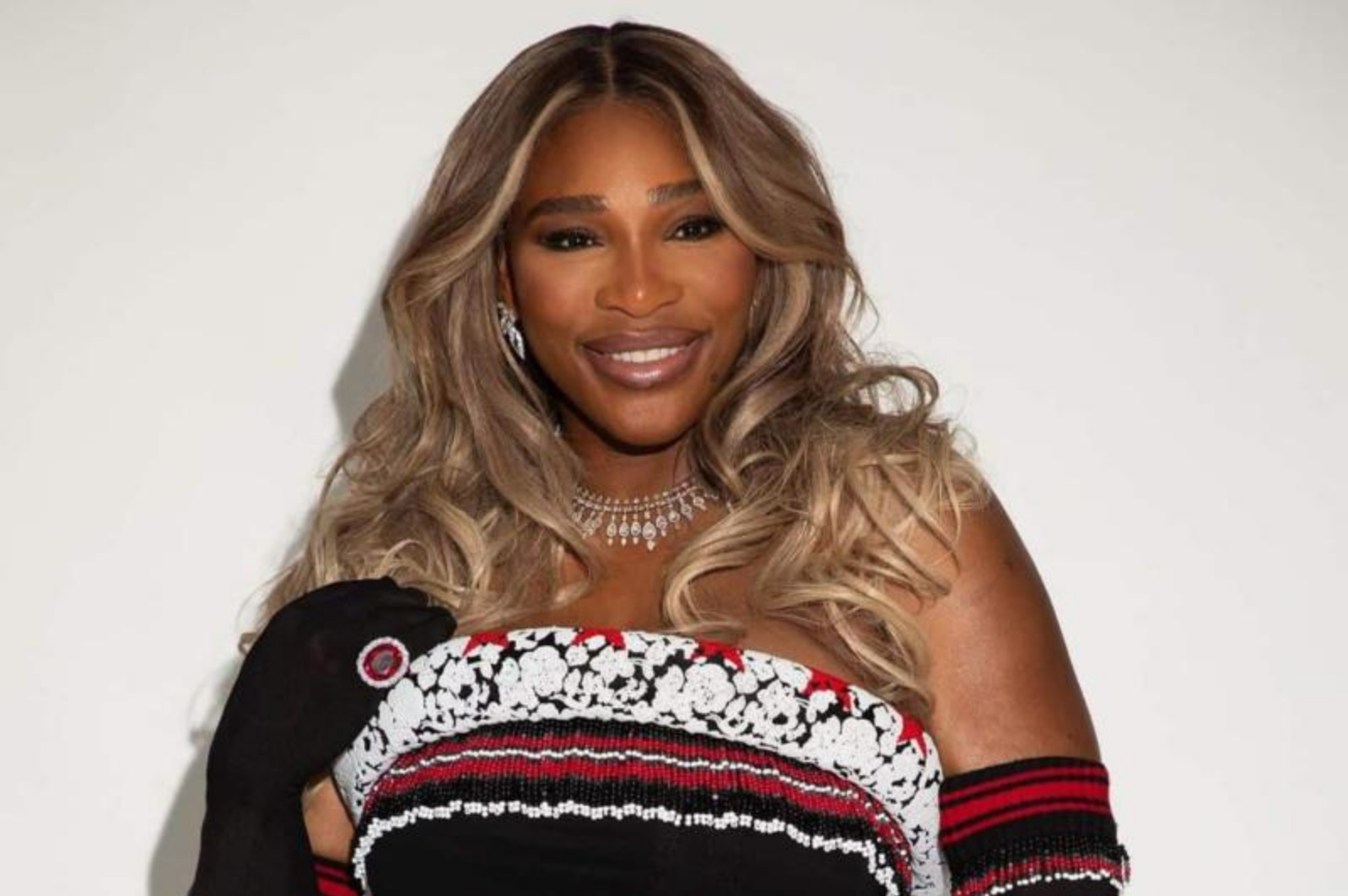What is Juneteenth? Now that Juneteenth has been declared a federal holiday, millions of Americans will have a day off for an event they know little about. The history of the United States is centuries old, and still, while most people are aware of the significance of July 4, 1776, not as many could tell you about June 19, 1865. So I will.
On July 4, 1776 - more than one year after the American Revolutionary War broke out - the Second Continental Congress, which included members Thomas Jefferson and Benjamin Franklin, ratified the Declaration of Independence. The second line of this document has been repeated many times throughout history. It reads:
“We hold these truths to be self-evident, that all men are created equal, that they are endowed by their Creator with certain unalienable Rights, that among these are Life, Liberty and the pursuit of Happiness.”
What a great (read: misleading) statement. It seems that what it meant was all White men are created equal. It became apparent after America’s victory in 1783. During the eight-year war, thousands of slaves fought with the Patriots (America) and with the Loyalists (Great Britain). The White Patriots were fighting for their meaning of independence that came with cries of “no taxation without representation” and the end of Britain’s rule.
After being promised freedom, the Black Patriots and Black Loyalists grasped at the idea of “liberty” and thought of what victory could mean for them. They dreamed of freedom - freedom from a life of servitude and forced labor, freedom from being separated from their families, freedom from watching their mothers and sisters violently raped. They believed the “sacred” words that “all men are created equal” applied to them. It didn’t.
We know that slavery continued long after the Treaty of Paris officially ended the Revolutionary War. Even so, the Northern states started to shift in their views on slavery. While some approved more gradual measures, by 1804, every state in the North had passed some type of legislation to abolish slavery. And as we know, the institution of slavery would come to a head during the Civil War.
The Southern states seceded from the Union in December 1860. They had the belief “that the South and its way of life were under assault” from the North - a life that was based on slave labor. Just a few months later, in April 1861, the Civil War would begin. Many of us might delude ourselves into thinking that this conflict began for the sole purpose of freeing slaves, but it wasn’t.
The Civil War began because President Abraham Lincoln wanted to keep the Union together. And while he was known for his feelings against slavery, he did two things in a letter he wrote to abolitionist Horace Greeley in 1962. First, he emphasized his reason for starting the Civil War. He wrote: “If I could save the Union without freeing any slave, I would do it; and if I could save it by freeing all the slaves, I would do it; and if I could save it by freeing some and leaving others alone, I would also do that.” Lincoln also gave the whispers of ending slavery upon a Union victory with his closing statement that “I intend no modification of my oft-expressed personal wish that all men everywhere could be free.” This sentiment would lead the 16th President into the New Year when he issued the Emancipation Proclamation on January 1, 1863. At the time the document was issued, it freed no slaves. Slavery had been abolished in the North, and since the South had seceded, they didn’t abide by Union law. Even so, this proclamation held a promise - the promise that upon a Union victory everyone would be free. And as we know, the Union won.
The American Civil War ended on May 9, 1865, and slaveholders were still reluctant to give up their slaves. While most of the Southern states had forcibly followed in the footsteps of the North, some tried to hold on. On June 19, 1865, a Union general traveled to the last state that still had slaves - Texas. With his reading of the federal orders that enslaved people were now free, the chains of slavery finally fell.
This is why we celebrate Juneteenth. With his words a century after the Civil War, Civil Rights leader Martin Luther King, Jr. helps put it into perspective: “No one is free until we are all free.” Sure, the 4th of July is a celebration of freedom. It celebrates the freedom of White American men from White British men over unfair taxing and no parliamentary representation. Juneteenth, however, is the celebration of freedom where it became possible for all people.
And even as we celebrate Juneteenth, we have to be aware that while we have come far, we have to push further. Abolitionists like Frederick Douglass and Harriet Tubman helped bring slavery to its final days. The Civil Rights activists of the ‘50s and ‘60s helped end segregation and Jim Crow. Now, in the 21st century, we’re all called to be voices and forces against the racial injustices Blacks continue to face every day.
With Juneteenth becoming more recognized around the country, you might get questions as to what it is. The answer is simple.
Juneteenth is a celebration of “Life, Liberty and the Pursuit of Happiness” for everyone.


